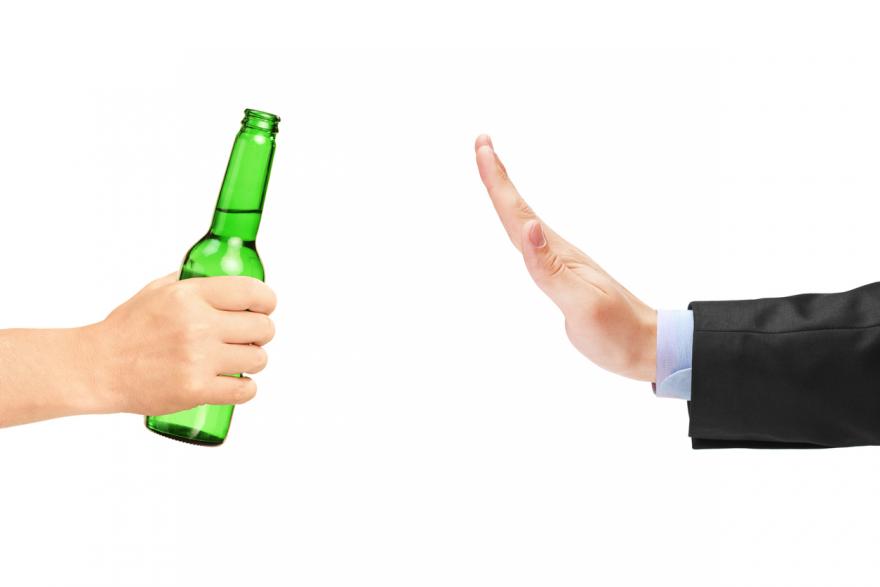What is Dry January?
Dry January is a campaign by Alcohol Concern that challenges people to give up drinking alcohol throughout January. The campaign has grown in popularity since it first began in 2012, and was given a boost in 2015 when Public Health England got involved. Alcohol Concern say that taking part in the campaign is ‘a chance to ditch the hangover, reduce the waistline, and save some serious £££’. Many people taking part in Dry January choose to fundraise for charity.
The excess of the festive season can lead many to rethink their lifestyle choices, and new year resolutions to ‘get healthy’ are at the top of people’s lists. Dry January can be the first step in changing your relationship with alcohol, or simply taking a break after the excess of the holidays.
Benefits:
Looking after your liver. Taking time off from alcohol can give your liver a break and allow it to cleanse itself and build up the enzymes you lose when you drink.
Weight loss. According to Alcohol Concern 49% of Dry January participants lost weight. Many people are unaware of the number of calories in alcohol and the effect this has on your weight. A large glass of wine (250ml) with 13% ABV contains 228 calories, equivalent to 5 Jaffa cakes or ½ a tub of Ben and Jerry’s vanilla ice cream, and a pint of lager with 4% ABV contains 180 calories, equivalent to 3 rashers of bacon or two slices of white bread.
Improved sleep and more energy; 62% of participants claimed to have had better sleep and more energy during Dry January. Drinking regularly can disrupt your sleep cycle and affects the quality of your sleep.
Save money. 79% of participants said that they had saved money. You can use the Alcohol Concern Impact Calculator to add up how much you are spending on alcohol on a weekly and monthly basis.
Tips to help you get through Dry January:
Understand why you want a drink
We drink alcohol for a range of reasons; celebrating good news, commiserating bad news, relaxing after a long day, or just socialising with friends. Once you recognise your reason behind your drinking, you can find alternative activities. For example, you could take a bath to relax instead of opening a bottle of wine, or go out for nice meal when celebrating.
Planning ahead
There will be occasions where you are invited out for a meal or celebration in the pub with friends or colleagues. Although you might find it easier to avoid alcohol by staying away from these events, you should still enjoy yourself by attending and planning what you will drink in advance to steer clear of temptation. Restaurants and pubs will offer a variety of alcohol free drinks; these may just be basic soft drinks or more extravagant alcohol-free cocktails.
Avoid rounds
When you are at the pub, try to avoid taking part in rounds. Buying your own drink allows you control what is ordered and there may be less pressure from others who want to buy you an alcoholic drink. Opting out of rounds can also save you money.
Get a hobby
Plan other activities, such as going to the cinema, reading, baking, going to the gym etc., for times when you would usually be drinking alcohol to distract yourself and give yourself something to look forward to.
Stay busy
If there are some specific times in the day when you would usually have a drink, break the habit by spending that time differently. You could phone a friend for a catch up, take a bath, go for a run, anything that takes your mind of drinking.
Snacks
You might find you are wanting to eat more to fill in the gap left by alcohol, you should stock up on healthy snacks to avoid binging on crisps and biscuits.
Treat yourself
Reward yourself for the small accomplishments. If you’ve stayed sober for a celebratory night at the pub, or finishing your first week of sobriety, treat yourself with the money you’ve saved by not drinking. Go on a day out you’ve been planning forever, splash out on a shopping trip, or stay in and cook a nice meal.

